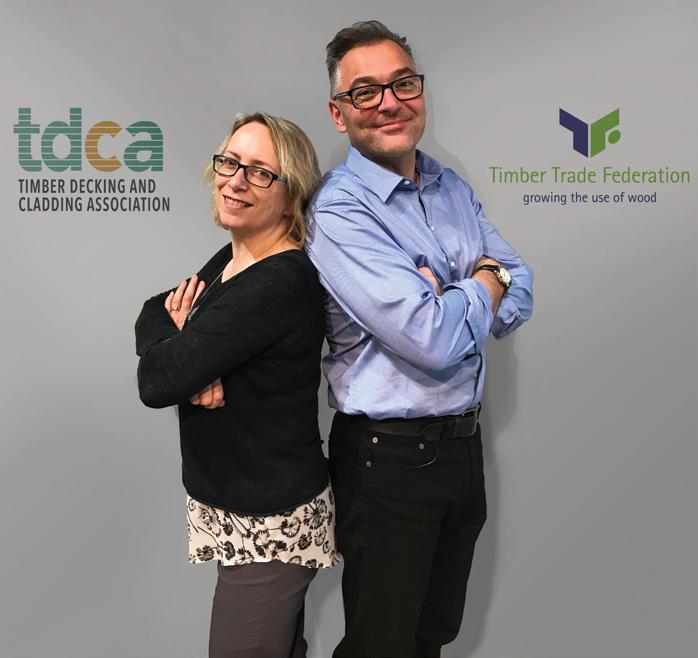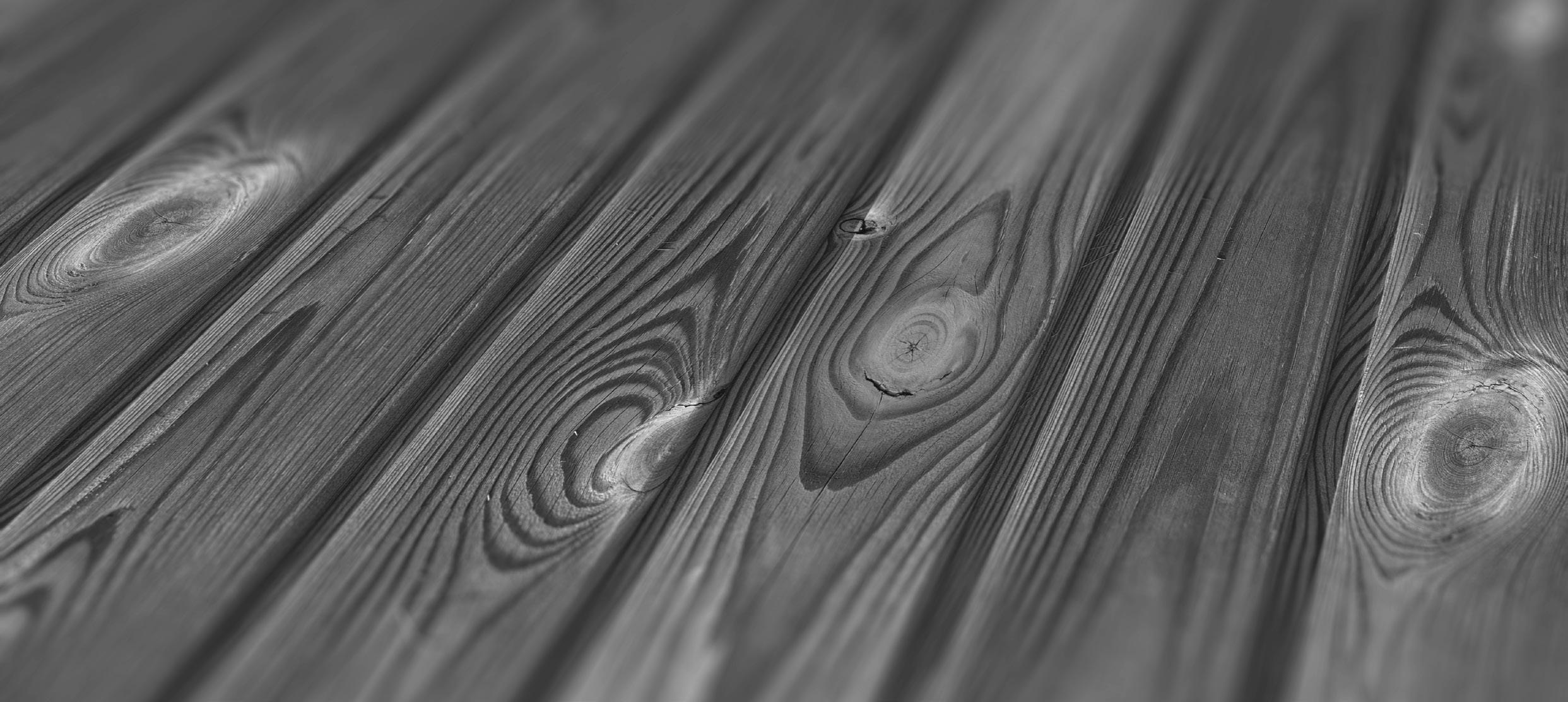
8 minute read
Driving faster installation
Advances in foam tape technology seal offsite construction
Foam sealing tapes can drive faster installation and improve energy efficiency, says Andy Swift, sales and operations manager (UK & ROI) at ISO Chemie, who considers their use in offsite modular construction
Despite wider construction sector struggles to deliver projects on time in the face of escalating costs, falling levels of customer satisfaction and wider economic uncertainty around Brexit, we have seen a surge in offsite modular construction, disrupting the construction industry in a positive way and shortening the time between project conception and completion. For example, the UK has witnessed a steady rise in off-site construction methods*.
Demand from the market is also encouraging councils to open up their doors to modular. Indeed, the market for prefabricated modular buildings and portable accommodation is estimated to have increased by 6% in 2017 – a significant improvement from 2016.
While modular will shorten build times and cut costs, it also leads to an improvement in safety, reduces wastage and protects against external elements such as the great British weather. Also, in the face of skilled labour shortages, the approach has the potential to reduce dependence on a manual skill-base by moving to a leaner manufacturing process.
In offsite construction, systems are delivered to site pre-assembled and pre-tested with guaranteed built-in quality and reduced installation times. The approach allows contractors to undertake smart engineering and co-ordination at the front end of a project, avoiding the problems often associated with putting fitted together systems on a construction site, leaving behind a legacy of a quality installation that can be easily maintained throughout its whole life cycle.
Companies like ISO Chemie, which provides foam and other tapes solutions for the high-performance sealing of windows, doors, construction joint gaps and facades, are working with other building products suppliers to develop integrated solutions, which meet the demands of offsite construction and deliver supply chain added value.
Andy Swift, sales and operations manager (UK & ROI), ISO Chemie

Faster installation
One such is Smartroof, whose panelised roof system provides advantages in terms of faster installation times when compared to traditional roof construction techniques, particularly for newbuild town houses. The system is factory insulated to the client’s specification and the party wall panels and the block work airtight, acoustic and thermally sealed, while accommodating potential differential movement between the two surfaces before shipping to site and final installation, using ISO-Chemie’s tape. The tapes that have featured in projects are an integral feature of Smartroof’s offsite construction activities, specified due their high performance and reliable performance.
Another offsite innovator is Modcell, whose cassette-style prefabricated system utilises the excellent thermal insulation qualities of straw bale and hemp construction to form prefabricated
using renewable, locally sourced, carbon sequestering materials, ensuring that
buildings can be constructed to meet the demanding PassivHaus specification, with
resultant almost zero heat requirements,
saving money and CO 2 emissions. The firm has used foam tapes in several
projects to provide airtight, acoustic and thermal interior and exterior seals between prefabricated panels, which are then used in offsite construction.
Sustainability was a key driver for the project: ModCell panels were used to build the super-insulated structure to the highest ecological standards using thermally efficient, 48cm thick, prefabricated straw bale wall panels, with tapes filling the 10mm expansion joints between panels and around windows and doors. This helped to achieve an excellent target of <2.0 m³/hour/m² measured at 50 Pascals airtight seal for the complete building – a good standard for the construction industry is anything between 3 – 5 m³/hour/m².
Another beneficiary of tape technology is the Spinelock Group, which specialises in manufacturing extruded aluminium framed housing sections that are constructed off-site and feature insulation, rainwater harvesting, and renewable energy systems already incorporated into the design. The Mansfieldbased firm has used the ISO BLOCO One to provide an airtight sealing solution for its advanced structural floor, walls and roofing system, used in the construction of zero carbon emissions homes (A+ Energy Performance) – specifically sealing the gap between preengineered openings for doors and window systems to be compliant with full air tests.
Tapes such as ISO-BLOCO One and others offer a single product ‘fit and forget’ solution for fast and effective sealing based around the European RAL principles of three level sealing – the inside seal area is more airtight than the external one, allowing any trapped moisture inside the joint, or within the wall, to escape outwards rather than into the building. The external seal area provides weather resistance and breathability with a minimum resistance of 1000 Pascals (hurricane forces), while the intermediate seal area provides extra thermal and acoustic properties, with a U-value between 0.55 and 0.8 subject to tape size, and the internal one air tightness and humidity regulation, the tape installation itself gives less than 0.01 m³ air loss when tested at 1,000 Pascals air pressure

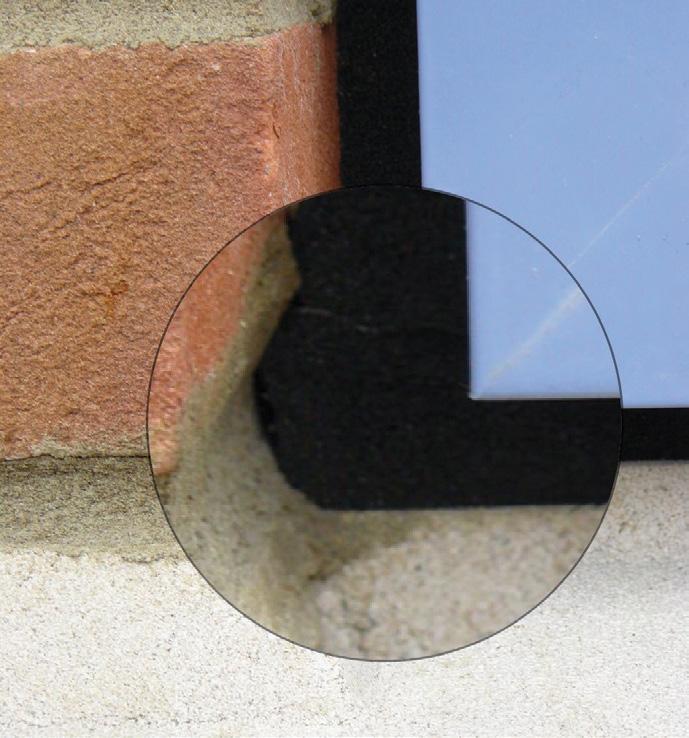
difference. All three levels are designed to accommodate movement between the adjacent materials.
Significant strides
Significant strides have also been made in reducing on-site window and door system installation times through the introduction of off-site construction techniques. Here, one company at the forefront is Sidey with its KitFix System, which adds value to timber frames and structural insulated panel systems (SIPS) while delivering significant benefits to contractors and, ultimately, customers looking for supply chain savings. This system enables fully glazed windows and doors to be installed into timber frame and SIPS panels as part of the offsite production cycle, while having little impact on stacking, transportation and erection of the finished panels. ISO-CHEMIE’s ISOCONNECT Vario SD humidity regulating foil, which offers ‘intelligent’ humidity control and complies with UK Building Regulations for air when used as an internal seal, offers Sidey’s system effective weather and air tightness sealing of the window and door frame connecting joints, facilitating faster onsite build.
Foam sealants provide superior moisture resistance together with air tightness and thermal insulation for timber-framed buildings, undoubtedly aiding product suppliers in the drive towards more sustainable, faster offsite construction. But equally important, with the careful management of all manufacturing logistics and sequencing, they contribute effectively to eliminating potential waste, risk and cost in the supply chain without compromising off-site construction quality.
IS AN EXCELLENT CHOICE FOR ANY GREEN BUILDING PROJECT


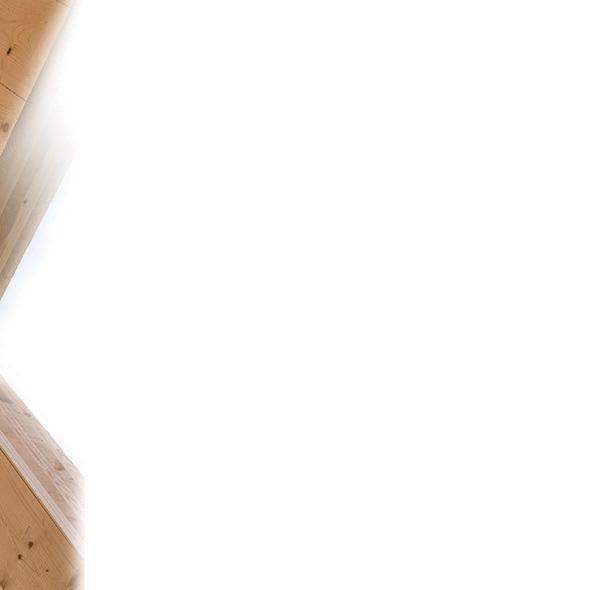



Using wood products from responsibly managed forests is key to any green building project.


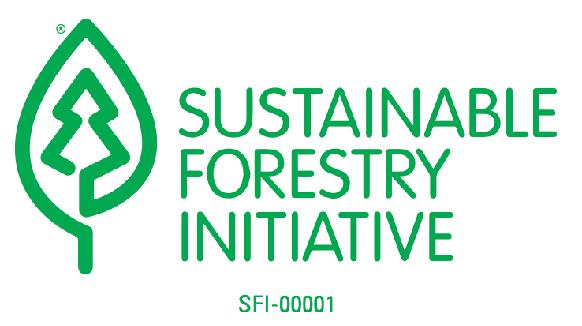
Third-party forest certifi cation standards, like the Sustainable Forestry Initiative ® (SFI), are a proof-point that wood comes from responsibly managed forests that have been managed for multiple environmental, social and economic values — today and into the future. Architects and builders are turning to products certifi ed to the SFI Standard to meet their green building needs.
Learn more at sfi program.org/green-building.
Products certifi ed to SFI are recognized by many leading green building rating programs around the world like the Building Research Establishment Environmental Assessment Method (BREEAM and the Leadership in Energy and Environmental Design (LEED).
PRODUCTS CERTIFIED TO SFI STANDARDS ARE SOLD IN NEARLY




COUNTRIES


What we fix is firm.
Like the french pavillion at the EXPO2015 in milan

Schmid Schrauben Hainfeld GmbH | Landstal 10 | 3170 Hainfeld T +43 (0)2764 2652 | F +43 (0)2764 7712 | E info@schrauben.at
www.schmid-screw.com/en
Connections wood-wood | metal-wood | wood-concrete – solutions that hold firm.
proofed quality Made in Austria. from our own production
What we fix is firm Visit us at the Austrian Pavilion B.110
Schmid Schrauben Hainfeld – at the Ecobuild 2018 - London
Established in 1842 – Schmid Schrauben Hainfeld is the biggest producer of screws in Austria. The core competencies of Schmid Schrauben are timber construction screws as well as customization. With the main brands RAPID® and StarDrive GPR® Schmid Schrauben Hainfeld is setting standards in terms of quality as well as reliability.
Due to the own local production shipment and availability combined with high social and environmental standards Schmid Schrauben Hainfeld serves many satisfied customers across Europe. Also in terms of innovation and new products Schmid Schrauben offers interesting solutions for today’s construction requirements as well as for new challenges.
Two new products will start selling in 2018:
The RAPID® Hardwood screw will serve a new segment in the market – glue-laminated timber made of hardwood is making its way to the market allowing slimmer and more elegant constructions with less wood but same static values. The requirements for screws are changing but Schmid Schrauben offers a solution without predrilling - ETA approved!

Spring 2020 18 www.timbermedia.co.uk On the other hand, Schmid Schrauben is serving the ever growing demand of stainless steel screws with a new product. The StarDrive GPR Stainless Steel is available in a diameter of 8mm and length between 80 – 300 mm. Due to the high requirements outdoors specially at the seaside – Schmid Schrauben will offer this product in A4 quality.

